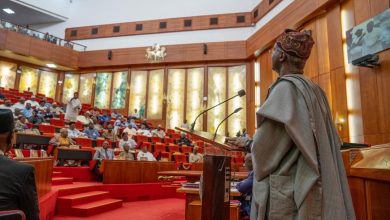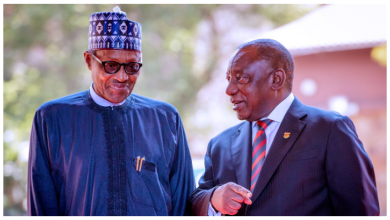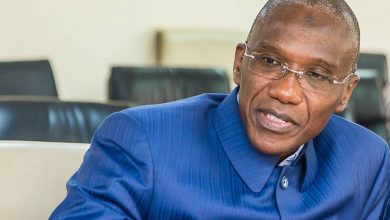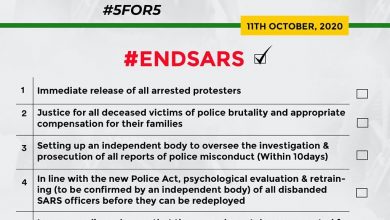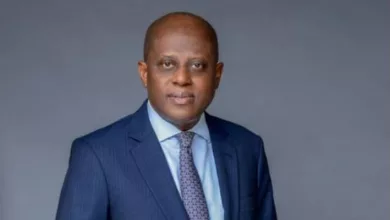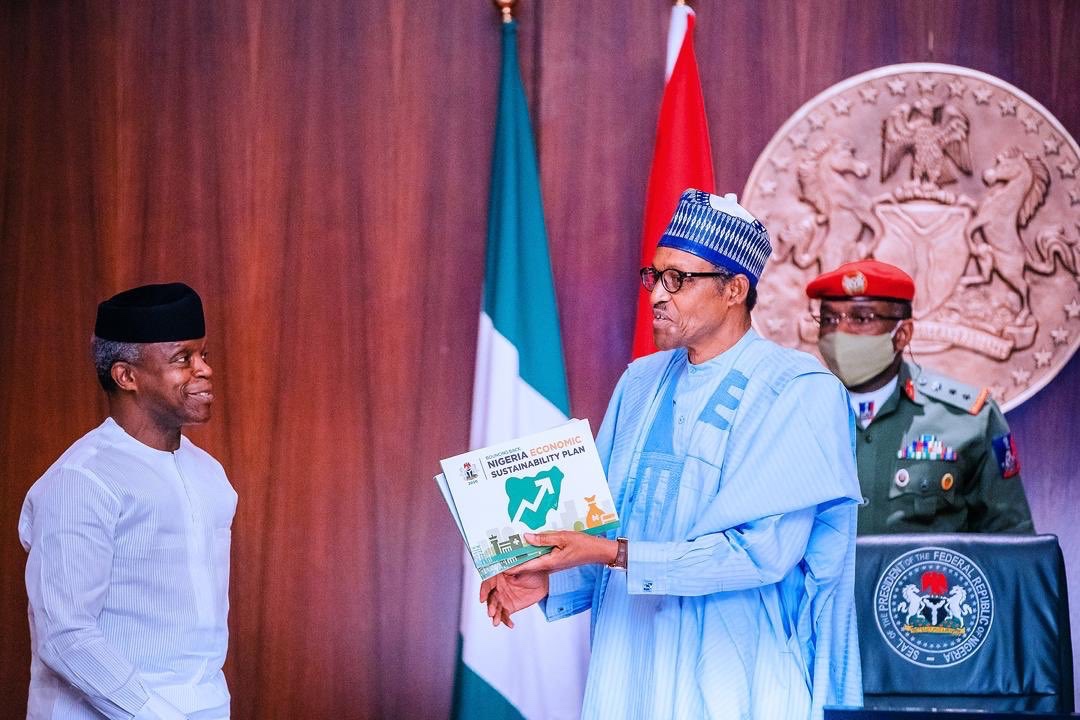
By Ijanada Jantiku
Improving the business environment to boost the economy and subsequently eliminate extreme poverty has been a challenge in many developing nations. Even when many leaders seem to have been overwhelmed by this task, President Muhammadu Buhari being focused and relentless, has shown devotion in his commitment to reducing the poverty rate in the country by empowering, most especially, the youths in a number of ways.
President Muhammadu Buhari during his democracy day speech had renewed his proclamation of his intentions to lift 100million Nigerian out of poverty in the next 10 years. Since then, he has not derailed in his efforts to actualise this target. Lifting Nigerians out of poverty is a mandate of this administration and the Federal Government has always made it known at every given opportunity. One of such occasion was the high-level meeting of the UN General Assembly on poverty eradication which featured the launch of the Alliance for Poverty Eradication (APE).
The fact that the President attaches great importance to poverty eradication in the country has clearly been shown not just in words but also in deeds. So many policies and programmes have come into play to actualise this dream. The most recent is the Economic Sustainability Plan (ESP).
The ESP is an approval of June 24, 2020 Federal Executive Council (FEC) meeting. It was developed by the Economic Sustainability Committee (ESC), established by President Muhammadu Buhari on March 30, 2020 and chaired by Vice President Yemi Osinbajo. Part of its mandate is to develop a plan that responds robustly and appropriately to the challenges posed by the COVID-19 pandemic, create a financial stimulus package for the Nigerian economy, support for MSMEs, create jobs and articulate specific measures to support the 36 States and the FCT, among others.
The ESP as a 12-month transit plan between the Economic Recovery and Growth Plan (ERGP) and the successor plan to the ERGP was developed with a stimulus package of N2.3 trillion to boost local production, prevent businesses collapse and provide liquidity across various sectors, especially micro, small and medium enterprises MSMEs.
In line with this, the promising intervention was fully activated on the 28 October, 2020 with the payment of N30,000; a one-time grant to 330,000 verified beneficiaries of the Artisan Support Scheme across the country. This is the first stream of payments to beneficiaries drawn from the FCT, Lagos, Ondo, Kaduna, Borno, Kano, Bauchi, Anambra, Abia, Rivers, Plateau and Delta States. Stream 2 is also getting set to take off as enumeration for the second stream of States under the Artisan Support Scheme have commenced with enumerators in various States compiling the lists of artisans through their association leaders.
The ESP also consists of fiscal, monetary and sectoral measures to enhance local production, support businesses, retain, create jobs and provide succour to Nigerians, especially the most vulnerable. This will go a long way to give filip to the economy across various sectors.
In addition, the formalization support under the MSME Survival Fund commenced alongside the distribution of the funds. This involves free business names’ registration for 250,000 MSMEs nationwide by the Corporate Affairs Commission (CAC).
As earlier stated, this intervention involves a whopping sum of N2.3 trillion and as we know, Nigeria, like other economies of the world, is still trying to bounce back from the negative impacts of covid-19 pandemic. Government at the Federal level is funding this program with limited available resources. What practical way is there to show care and concern than this?
The ESP was borne out of the President’s genuine desire and commitment to lift many Nigerians from the morass of economic despondency. At this point, it is important to note that the intervention is not in reaction to the EndSARS protests. These initiatives had been approved and announced long before the protests which began in the middle of October. This shows that the PMB administration has always been keen on addressing issues of poverty and encouraging the growth of small scale businesses.
Like others before it, this intervention is timely. Recall that in 2018, Africa’s most populous nation was labelled the poverty capital of the world. According to Oxfam, at least 94 million Nigerians live below the poverty line, and if not for interventions like this, the number will possibly have sky-rocketted to far above 100 million.
Now, I believe Nigerians have realised that the President’s intent to lift 100million Nigerians out of poverty is not just a lip service but a sincere and intentional move that will improve the lot of many, especially the vulnerable members of the society. Nigerians are therefore encouraged to key into this program, register and take advantage of available funds and free registration grant for small businesses.
Jantiku, a public affairs analyst sent this piece from Kaduna.


